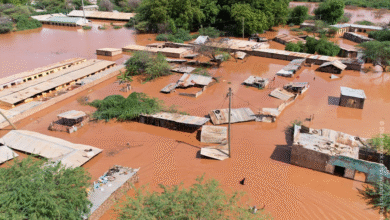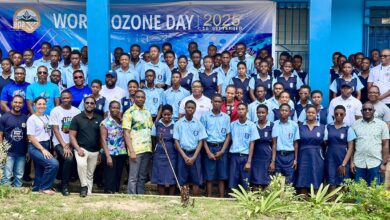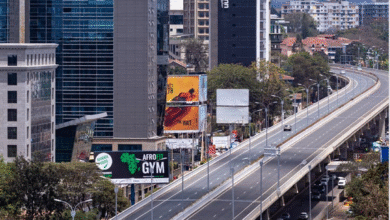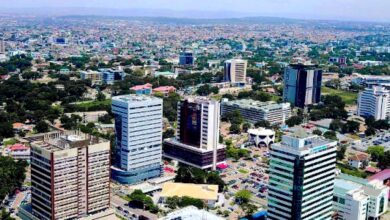Africans Demand Stronger Climate Action from Rich Nations and Their Own Governments – New Afrobarometer Report
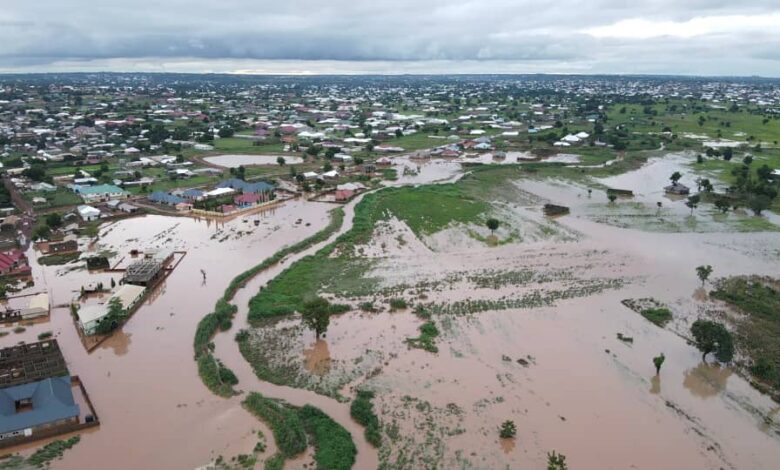
A growing number of climate-change-literate Africans want wealthy nations to take immediate responsibility for helping vulnerable countries confront the worsening climate crisis, according to a new Pan-Africa Profile released by Afrobarometer.
The report, based on 2024–2025 survey data from 38 African countries, shows overwhelming public demand for richer, high-emitting nations to support climate mitigation in Africa, while also urging their own governments to adopt stronger domestic policies even if they come with economic costs.
Climate Awareness Rising, but Uneven
Afrobarometer found that more than four in ten adults (43 percent) on the continent are “climate-change literate,” defined as having heard of climate change and understanding that human activity drives it. However, literacy levels vary sharply by country — from as low as 19 percent in Nigeria to 73 percent in Seychelles — and tend to be higher among men, urban residents, wealthier households, educated citizens, and those who regularly consume news.
Drought and Crop Failure Hit Hardest
Across the continent, drought and crop failure are the most commonly reported climate impacts. Half of respondents said the severity of such events has increased in their local areas over the past decade. Rising flooding levels were also noted, though at lower levels (35 percent).
Among those aware of climate change, eight in ten say it is already making life “somewhat” or “much worse” in their countries. Many Africans report that their households have had to adapt by altering water and food consumption, shifting crop-planting cycles, changing outdoor work schedules, modifying livestock rearing or relocating entirely.
Who Should Lead Climate Action? Africans Split Responsibilities
While Africans most frequently assign primary responsibility for climate action to their national governments (37 percent), the report shows a notable shift: climate-aware citizens increasingly place responsibility on wealthy nations (26 percent), reflecting growing frustration over the disproportionate contribution of industrialised countries to global emissions.
Ordinary citizens (20 percent) and businesses and industry (11 percent) were also cited as key actors.
Strong Support for Tough Climate Measures
Across the 38 countries, climate-literate Africans expressed strong support for decisive climate action:
-
83 percent want developed nations to act immediately
-
85 percent say richer countries must help poorer countries deal with climate impacts
-
73 percent back proactive domestic climate policies, even if costly
-
81 percent support government investment in climate-resilient infrastructure
-
78 percent want their governments to pressure wealthy nations for more climate aid
Support was more moderate for behavioural changes such as banning tree-cutting for fuel (51 percent) or mandating cleaner cookstoves (47 percent).
Survey Background
Afrobarometer’s Round 10 surveys were conducted face to face in the respondents’ preferred languages. The nationally representative samples (1,200–2,400 people per country) provide a margin of error between plus or minus 2 to 3 percentage points.

